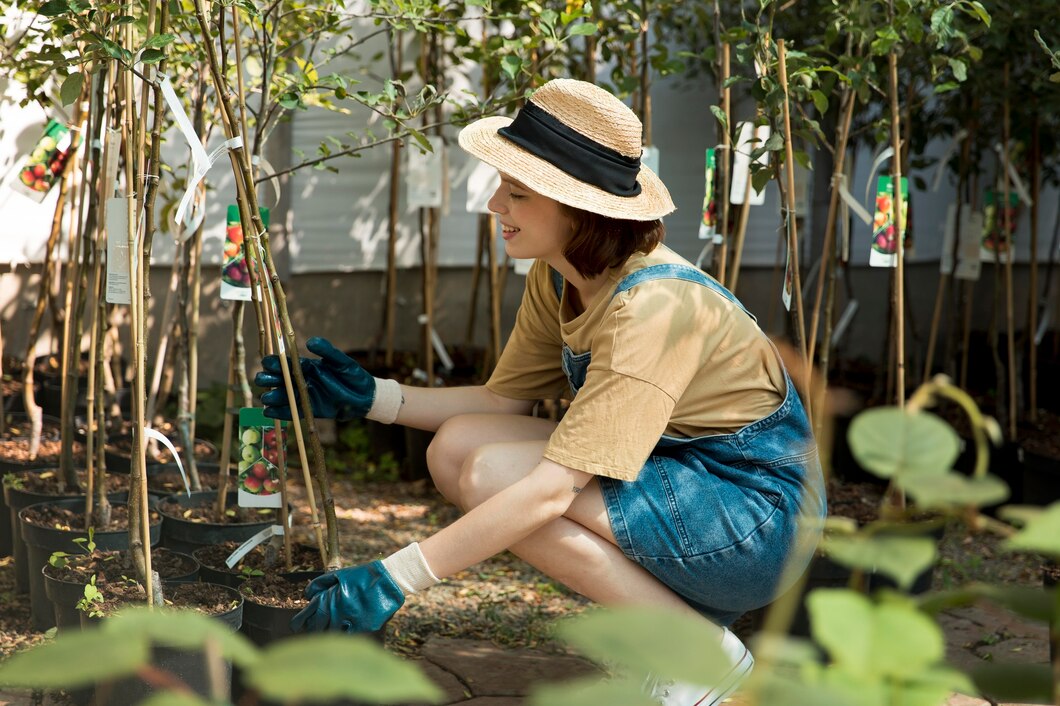Embracing Urban Gardening
Urban gardening is an increasingly popular trend, especially among city dwellers looking to lead more sustainable and self-sufficient lives. With limited space, the concept of growing your own food may seem daunting, but with a few creative strategies, you can cultivate a thriving garden regardless of your urban setting.
Benefits of Urban Gardening
Urban gardening brings numerous benefits. It helps reduce the carbon footprint associated with transporting food from farms to cities. It also promotes biodiversity, improves air quality, and even boosts mental health by providing a green escape from the bustling city life. Moreover, growing your own food ensures that you are consuming fresh, pesticide-free produce.
Tips for Small Space Gardening
Vertical Gardening: Utilize vertical spaces by installing wall planters or vertical shelves. This approach maximizes the use of limited space while adding a green touch to your home.
Container Gardening: Use pots, tubs, or even repurposed containers to plant vegetables and herbs. Containers can be easily moved around based on sunlight access.
Windowsill Gardens: Windowsills provide a perfect spot for growing herbs and small vegetables that require direct sunlight.
Choosing the Right Plants
Optimizing your garden involves selecting plants that thrive in your urban environment. Leafy greens like lettuce and spinach, herbs such as basil and parsley, and compact vegetables such as cherry tomatoes and peppers are excellent choices for small spaces.
Sustainability in Urban Gardening
Adopting sustainable practices in urban gardening can further benefit the environment. Use organic soil and fertilizers, opt for heirloom seeds, and practice composting to reduce waste and enrich your soil.
Garden Maintenance
Regular maintenance is crucial to keep your urban garden healthy. Watering, pruning, and pest control should not be neglected. Using eco-friendly pest control methods like neem oil can help protect your plants without harming the environment.
Community Gardening
Joining or starting a community garden can provide additional space and resources for urban gardening. It also fosters a sense of community and shares knowledge among urban gardeners.
Urban gardening is more than just a trend; it's a movement towards a greener, sustainable lifestyle. By integrating a few plants into your living space, you contribute to environmental health and reap personal rewards. So, start small, get your hands dirty, and watch your urban garden bloom!




